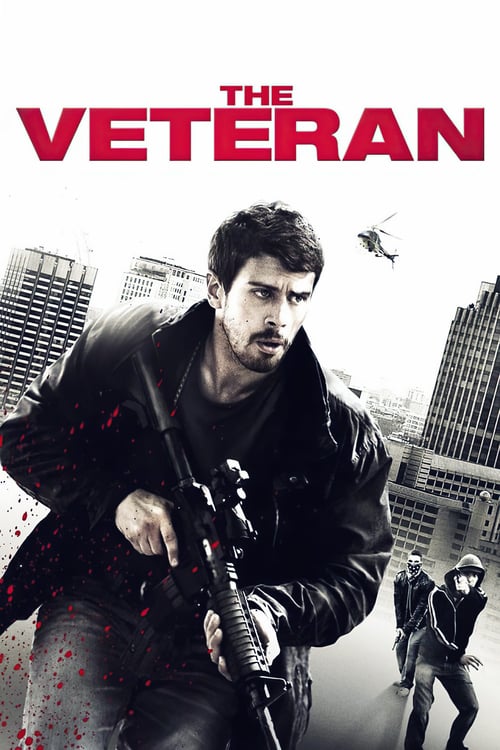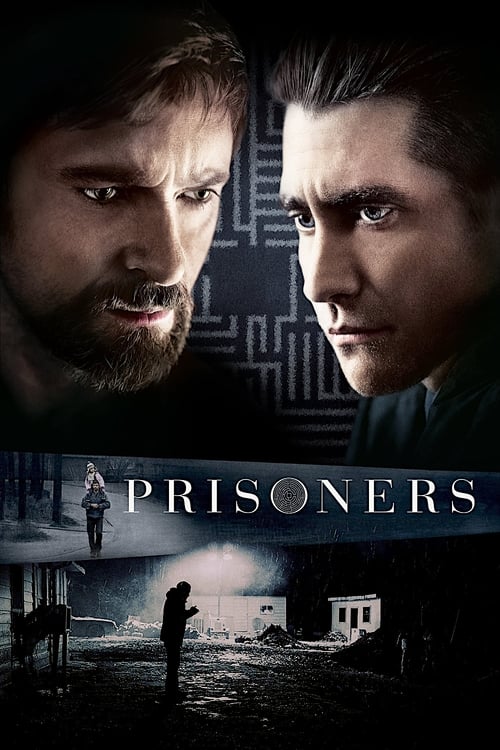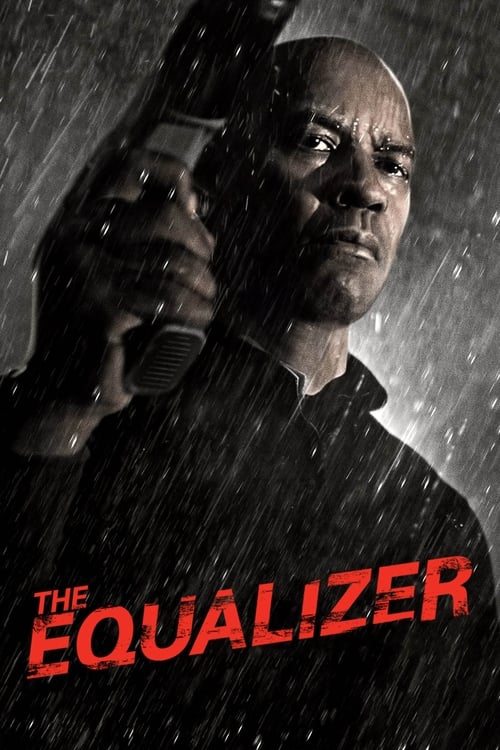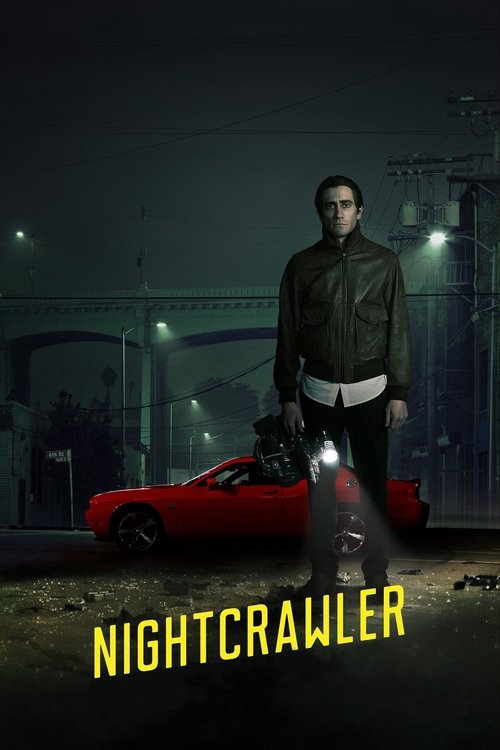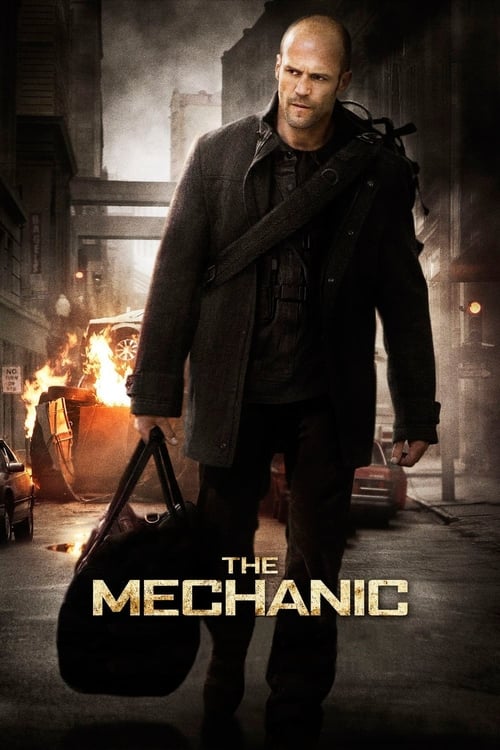
Ask Your Own Question
What is the plot?
The story of Eden (2013) opens with the United States men's soccer team boarding a plane, their spirits high and camaraderie evident as they prepare for an upcoming match. Among the players are Parker, a selfless and compassionate figure, and Peck, a more volatile and unbalanced player whose darker nature will soon surface. The atmosphere is light, filled with banter and team dynamics, but an undercurrent of tension hints at the disaster to come.
Suddenly, the plane crashes into the vast Pacific Ocean, leaving the survivors stranded on a deserted island. The crash is chaotic and brutal, scattering the team across the unforgiving terrain. The island is stark and isolated, with limited food and water, and no sign of rescue. The survivors quickly realize the severity of their situation: they are utterly alone, forced to rely on their wits and each other to survive.
Parker immediately steps into a leadership role, trying to maintain order and hope among the group. His empathy and level-headedness contrast sharply with Peck, who grows increasingly unhinged as the days pass. Peck's personality darkens under the strain of survival, and he begins to form his own faction, ruling through intimidation and violence. This division fractures the group, turning former teammates into adversaries.
The island itself becomes a character in the story--its natural hazards and scarcity of resources heighten the tension and desperation. The survivors scavenge for food and fresh water, but each day the supplies dwindle, and the psychological toll mounts. The once tight-knit team begins to unravel, revealing the primal instincts lurking beneath their civilized exteriors.
As the days turn into weeks, the survivors' relationships deteriorate. Peck's faction grows more aggressive, enforcing brutal rules and punishing dissent with deadly consequences. Parker's faction clings to the hope of rescue and the belief in preserving their humanity, but the strain is immense. The island's isolation strips away their social masks, exposing raw fear, anger, and despair.
Violence erupts between the factions in a series of confrontations that escalate in severity. Several team members die--some from the harsh environment, others from starvation, but most tragically from the violent clashes instigated by Peck's ruthless leadership. Peck himself becomes a symbol of the island's descent into chaos, his actions driving the survivors to the brink of annihilation.
One pivotal confrontation occurs when Parker confronts Peck directly, pleading for peace and unity. Peck snarls, "This island belongs to the strong now. You either follow, or you die." The tension snaps as the factions clash violently, resulting in multiple deaths. Parker fights to protect his group, but the cost is high.
Amid the turmoil, the survivors uncover the full extent of their isolation--no rescue is coming. This revelation forces them to confront their grim reality and the choices they must make to endure. The island's harshness strips away illusions, revealing the true nature of each person.
The climax builds as Parker's compassionate faction and Peck's violent group face off in a final, desperate battle for survival and control of the island. The fight is brutal and raw, filled with emotional and physical intensity. In the end, Peck is killed--his death a grim but necessary turning point that allows the survivors to reclaim some semblance of order.
The film closes with the remaining survivors, battered and changed, looking out over the island's shoreline. Their bodies bear the scars of their ordeal, and their faces reflect the psychological toll of what they have endured. Parker, now the sole leader, gazes toward the horizon, a mix of hope and sorrow in his eyes. The group remains stranded, their fate uncertain, but their spirit tempered by the harsh lessons of survival.
Eden ends on a somber note, emphasizing the cost of survival--the loss of innocence, the fracturing of human bonds, and the primal struggle that lies beneath civilization's veneer. The island remains silent, a stark reminder of the fragility of life and the darkness that can emerge when society's rules fall away.
What is the ending?
In the ending of the movie "Eden," the protagonist, a young woman named Eden, manages to escape from her captors after enduring a harrowing experience in a human trafficking ring. She confronts her past and the trauma she has faced, ultimately finding a sense of hope and a chance for a new beginning. The film concludes with Eden walking away from her past, symbolizing her resilience and determination to reclaim her life.
As the film approaches its climax, the tension escalates. Eden, who has been trapped in a world of exploitation and abuse, finds herself in a desperate situation. After a series of harrowing events, she witnesses the brutal reality of the trafficking ring she has been ensnared in. The emotional weight of her experiences is palpable; she is filled with fear, anger, and a longing for freedom.
In a pivotal scene, Eden seizes an opportunity to escape. The moment is fraught with tension as she navigates through the dark, oppressive environment of the trafficking den. Her heart races as she slips past her captors, the adrenaline coursing through her veins. The camera captures her determination, her eyes wide with a mix of hope and terror. She knows that this is her chance, and she must take it.
Once outside, the world feels both foreign and familiar. The bright lights of the city contrast sharply with the darkness she has just fled. Eden runs through the streets, her breath coming in quick gasps, her mind racing with thoughts of what she has endured. She is a survivor, but the scars of her experience linger. The film emphasizes her internal struggle as she grapples with the trauma that has shaped her.
In the final scenes, Eden finds herself at a safe house, a place that offers her a glimmer of hope. Here, she meets others who have faced similar horrors, and for the first time, she feels a sense of community. The warmth of their support begins to heal her wounds, and she starts to envision a future beyond her past. The film closes with Eden walking away from the safe house, her posture more confident, her expression resolute. She is ready to reclaim her life, symbolizing resilience and the possibility of healing.
As for the fate of the main characters, Eden emerges as a survivor, having escaped the clutches of her captors. The film leaves her future open-ended, suggesting that while the road to recovery will be long, she has taken the first step towards reclaiming her identity. The other characters, including her captors, remain in the shadows of their own making, representing the ongoing struggle against human trafficking and the darkness that still exists in the world. The film concludes on a note of cautious optimism, highlighting Eden's journey from victimhood to empowerment.
Is there a post-credit scene?
The movie "Eden," produced in 2013, does not have a post-credit scene. The film concludes its narrative without any additional scenes or content after the credits roll. The story wraps up with a focus on the main character, and the ending leaves a lasting emotional impact without the need for further scenes.
What motivates the main character, a young woman named Eden, to initially engage in the underground world of human trafficking?
Eden, portrayed as a naive and hopeful young woman, is initially motivated by a desire for independence and adventure. She is drawn into the underground world after being lured by the promise of a glamorous lifestyle and the allure of freedom from her mundane life. Her longing for acceptance and a sense of belonging also plays a crucial role in her decision to trust the wrong people.
How does Eden's relationship with her captor, a man named 'The Boss', evolve throughout the film?
Eden's relationship with 'The Boss' is complex and evolves from fear and resentment to a reluctant understanding. Initially, she sees him as a ruthless captor who embodies her worst fears. However, as the story progresses, she begins to recognize his vulnerabilities and the circumstances that led him to his current life. This nuanced dynamic creates a tension between her desire to escape and her growing awareness of his humanity.
What role does Eden's family play in her life and decisions throughout the film?
Eden's family serves as a stark contrast to her life in captivity. Her relationship with her family is strained, marked by a lack of communication and understanding. This disconnect is highlighted in flashbacks, where her family's expectations and her desire for freedom clash. Their inability to support her emotionally contributes to her vulnerability, making her more susceptible to the manipulations of those in the trafficking ring.
What are the key events that lead to Eden's eventual escape from her captors?
Eden's escape is precipitated by a series of harrowing events that heighten her desperation. After witnessing the brutal treatment of other captives and experiencing her own trauma, she begins to plot her escape. A pivotal moment occurs when she gains the trust of a fellow captive, who helps her devise a plan. The climax of her escape involves a tense confrontation with 'The Boss' and a narrow opportunity that she seizes, showcasing her resilience and determination to reclaim her life.
How does Eden's character change from the beginning to the end of the film?
At the beginning of the film, Eden is portrayed as innocent and hopeful, with dreams of a better life. As she endures the horrors of captivity, her character undergoes a profound transformation. She becomes more resourceful and resilient, learning to navigate the dangers of her environment. By the end of the film, while she is scarred by her experiences, she emerges as a survivor, embodying strength and a fierce determination to reclaim her identity and future.
Is this family friendly?
"Eden," produced in 2013, is not considered family-friendly due to its mature themes and content. The film deals with serious and sensitive subjects, including:
-
Human Trafficking: The central theme revolves around the abduction and exploitation of young women, which may be distressing for viewers.
-
Sexual Exploitation: There are scenes that depict sexual situations and the exploitation of women, which can be uncomfortable and upsetting.
-
Violence: The film contains instances of violence and aggression, which may be disturbing to some viewers.
-
Substance Abuse: There are portrayals of drug use and addiction, contributing to the film's dark atmosphere.
-
Emotional Trauma: Characters experience significant emotional distress, including feelings of hopelessness and despair, which may resonate negatively with sensitive viewers.
Overall, the film's heavy subject matter and graphic content make it unsuitable for children and potentially upsetting for sensitive audiences.














